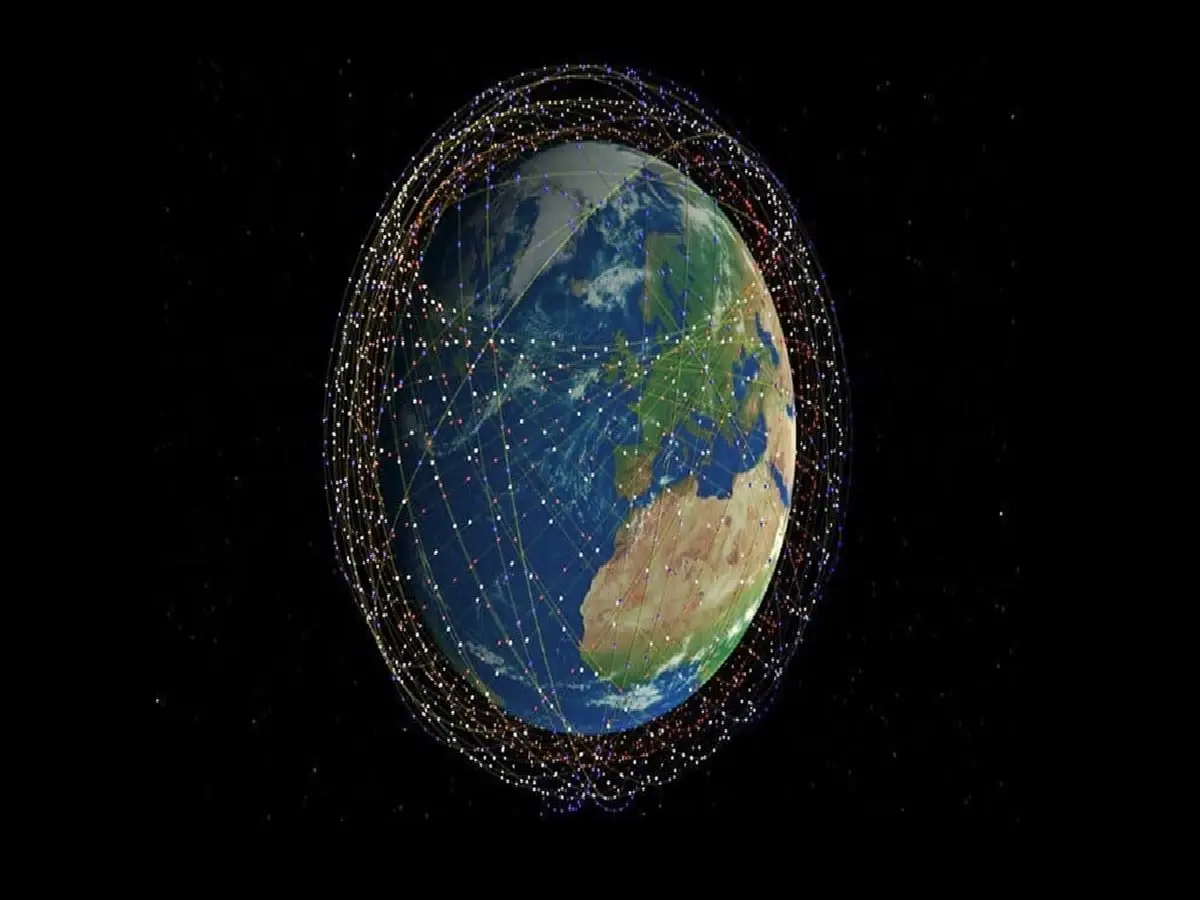Airtel has stated its position on the ongoing debate over how satellite broadband spectrum should be allocated in India. The disagreement pits Elon Musk’s Starlink against Mukesh Ambani’s Reliance Jio. Airtel has restated its support for the administrative allocation of satellite spectrum, adding that it has always supported technology that helps to link remote areas of India.
Airtel stated: “We have always supported satellite communication services to connect remote areas for maritime, aviation, defense, and disaster recovery needs.” The company also mentioned its partnership with Eutelsat OneWeb, which runs a low-Earth orbit (LEO) satellite network. They want to deliver satellite services across India and Africa and have previously
Airtel added that enterprises seeking to provide satellite services to urban and retail clients must go through the standard licensing and spectrum acquisition process. This means that satellite operators must follow the same regulations as traditional telecom firms, such as obtaining licenses, purchasing spectrum, satisfying rollout criteria, and paying taxes and fees. Airtel has stated that mobile and satellite companies can collaborate to expand internet access to places that now lack connectivity.
Airtel’s announcement comes amid a conflict between Starlink and Reliance Jio about how to allocate satellite broadband spectrum in India. Jio wants the spectrum auctioned, claiming that this will ensure fair competition. On the other hand, Elon Musk’s Starlink claims that auctioning this spectrum would violate established international conventions.
Airtel agrees with Starlink’s preference for administrative allocation, which it sees as a smart way to enhance existing telecom networks while also meeting specific demands such as defense and backhaul in rural areas. According to Airtel, satellite spectrum should be granted administratively, with a few exceptions for crisis management and government purposes.
Bharti Airtel Limited believes that satellite communications can help bridge India’s connectivity gap, especially in areas where regular telecom networks cannot reach. Airtel believes that the Department of Telecommunications (DoT) will consider this viewpoint when establishing the new satellite communication guidelines under India’s Telecom Act.

